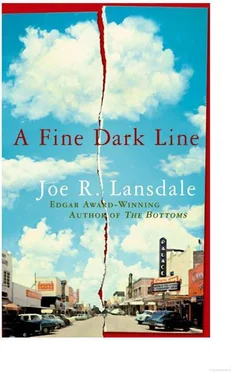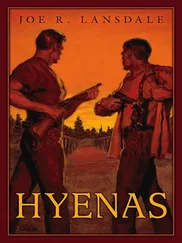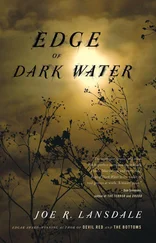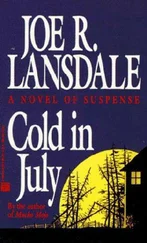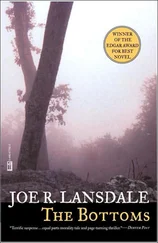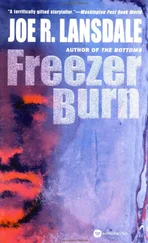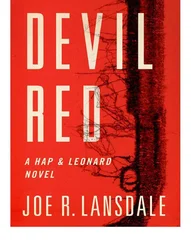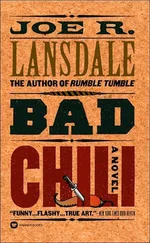In memory of Cooter.
Brave, True, and Noble Protector.
Friend.
Family dog.
Although movies, music, and certain events listed here did take place in 1958, I have condensed the release dates of some of these to fit my story. Forgive me this transgression. The town of Dewmont and the Dew Drop Drive-in are my creations, and to the best of my knowledge do not exist, and if they do exist, they bear no relationship to my fictional creation. Some parts of this novel are inspired by autobiographical events, but they serve only as springboards and are not meant to represent true events or real persons.
—J.R.L.
PART ONE
The Dew Drop Drive-in and Concession, 1958
1
MY NAME is Stanley Mitchel, Jr., and I’ll write down what I recall.
This took place in a town named Dewmont, and it’s a true story. It all happened during a short period of time, and it happened to me.
Dewmont got its name from an early settler named Hamm Dewmont. Little else is known about him. He came, gave his name to the place, then disappeared from history.
Dewmont, during its early days, was a ratty collection of wooden huts perched on the edge of the Sabine River in the deep heart of East Texas, a place of red clay and white sand, huge pines and snake-infested wetlands.
There are faded photographs in the Dewmont library of a scattering of pioneer hovels on the river’s edge as viewed through the lens of a primitive camera. You wouldn’t think much would come of this beginning, besides maybe a hard rain and a slide into the river, but through the years, and into the twentieth century, these shacks gradually inflated into a town as the great trees went down and were turned to lumber.
Later the town swelled into a small city of about one hundred thousand, but these events happened earlier, when my family, the Mitchels, moved there at the tag end of the 1950s.
Before we moved to Dewmont my daddy had been a mechanic in a small town of three hundred, appropriately named No Enterprise. One day he came home sick of working beneath cars, lying on cold cement and creaking creepers. He made an announcement that surprised us all. Including Mom.
Daddy loved movies, and somehow he heard about the Dewmont drive-in being for sale. The original owner, not long after opening the theater, had died of a stroke. His family was anxious to move someplace west, as debt was clinging to their butts like feathers to tar.
So, Daddy collected our life savings, and using it as a down payment, hauled my mother, who he called Gal, me, my older sister, Caldonia, and my dog, Nub, on over to Dewmont.
Dewmont was mostly a long street with brick buildings on either side of Main Street, including our competition in the form of the Palace Theater, an indoor place.
I remember when we first arrived. It was a hot clear day and above was a blue sky dotted with clouds, and you could look down Main Street and see cars parked at the curb and people moving about, and way and beyond, tall trees.
Our drive-in, the Dew Drop, was set just inside of town across from a ritzy residential area.
I’m sure adults in the ritzy section frowned on the nearby drive-in and its catering to the town’s great unwashed, or for that matter, their own children who came to us at a dollar a carload.
The Dew Drop was one of those drive-ins where the screen was a residence. These were rare structures, the screens usually being nothing more than a sheet of wood or metal fastened between a large frame, but the builders of the Dew Drop had been progressive and had gone all out.
The Dew Drop’s screen was actually a thick building designed to look on the outside like a Western fort. Painted across it was a mural of well-feathered Indians on horseback being pursued by cavalry in sharp blue uniforms and crisp white hats. There were snowy puffs of smoke to show gunfire coming from the pistols and rifles of the soldiers, and one Indian was obviously hit and falling from his horse, to neither ride or scalp again.
Hanging inexplicably above all this on the roof, fastened to a metal frame, was a huge, ocean-blue dew drop, looking as if it were about to drip and explode against the roof, drenching the world.
On the other side, where the cars faced the screen, the wall was white and served as the screen. Above it, this side of the dew drop was painted green, and not a pretty green, but a color that made me think of a puss-filled blister. I wondered why it had been painted at all. At night, when the movie showed, it was lost in the darkness above the reflected light on the screen.
Inside the movie screen, our home, it was pretty normal. Downstairs was a kitchen, living room, bath, and Callie’s bedroom. Connected to our living quarters was a concession stand that served hot dogs, popcorn, candy, and soft drinks. Shortly after taking over, we added fried chicken and sausage on a stick to the menu.
On the second floor were two bedrooms, one for me, one for Mom and Dad. I was ecstatic about that. Our old house in No Enterprise had one legitimate bedroom, and me and Callie slept in the living room at night on pallets. Here at the Dew Drop we had our own beds, our own privacy, which was great since I had recently discovered the joys of masturbation. Though I hadn’t exactly figured out what it was all about, it beat playing checkers against myself.
Above all this was yet another floor, a kind of attic with stairs that led to the roof of the drive-in where the great dew drop resided.
Up there on the roof, you could see the cars coming in, and if you walked to the other side of the roof, you could see what made up our backyard: speakers on posts in tidy rows, and at night, cars and lots of people.
Next to the drive-in structure was a padlocked toolshed, and to the side of that was a playground with a teeter-totter, swings, and a slide for when the kids got bored with the movie. All of this was surrounded by a fence. Mostly tin, with some chain link near the swings and seesaws.
———
I WORKED at our drive-in during that summer with Caldonia. A black man named Buster Abbot Lighthorse Smith, who had worked for the previous owner, ran the projector. He was old, sullen, strong-looking, said very little. Mostly did his job. He was so quiet you forgot he was around. He came walking in an hour before the show, did his work, put the film away when it was over, and left.
My mother and father opened the drive-in Monday through Saturday, except during rainstorms or the dead of winter. Even in East Texas, it sometimes got too cold for drive-in patrons.
For that reason we closed a week before Christmas, didn’t open again until the first of March. During that time Daddy did repairs on speakers, hauled in fresh gravel, painted and carpentered.
When he wasn’t doing that, if he needed the money, he did mechanic work on the lawn of the drive-in. He hated that, longed for the day when he would no longer turn wrenches and listen for air blowing through a leaky manifold.
Daddy loved the drive-in as much as he hated mechanic work. He liked to sit out front sometimes on Sundays, when it wasn’t open, in a metal lawn chair, and I’d sit on the ground beside him, usually tormenting ants with a blade of grass. He’d stare at those cowboys and Indians on the front side of the screen as if he were actually watching a movie.
I think in his mind’s eye they moved. And maybe it was just the idea of owning his own business that fascinated him. Daddy hadn’t come from much, had about a third-grade education. He’d scraped and scrapped for everything he had, and was proud of it. For him, owning that drive-in was as good as being a doctor or a lawyer. And, for the times, for his background, he felt he was making pretty good money.
Читать дальше
